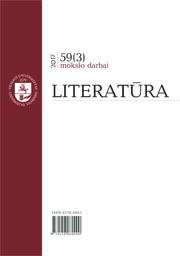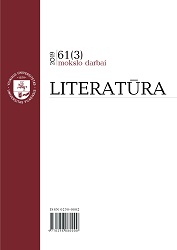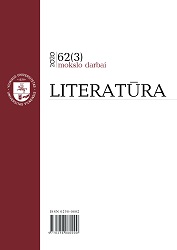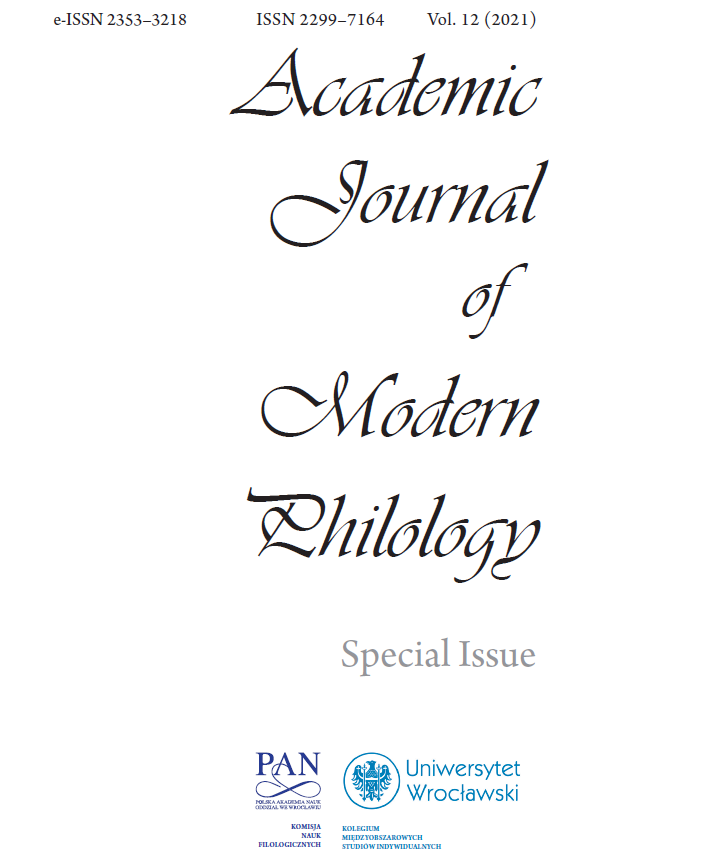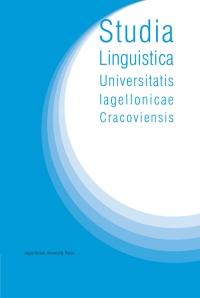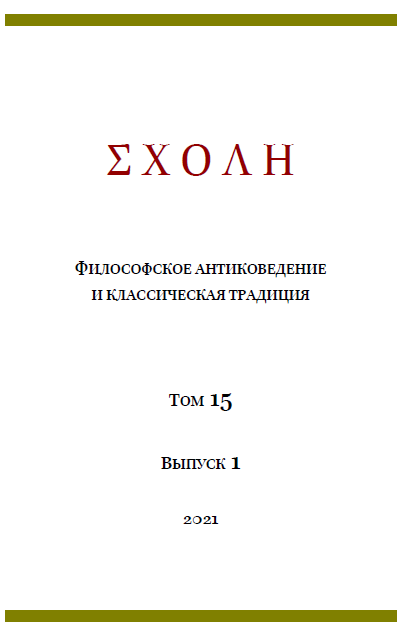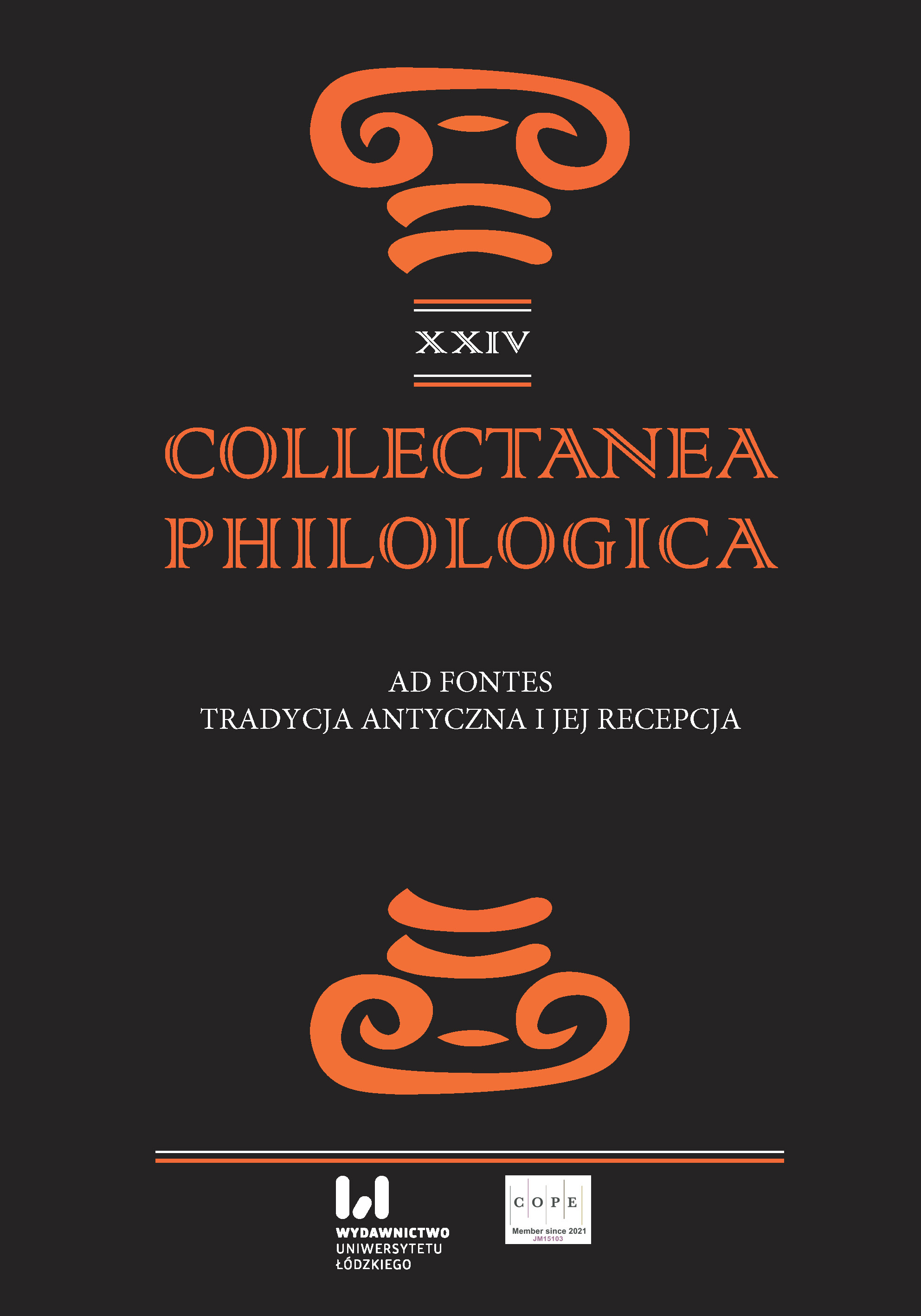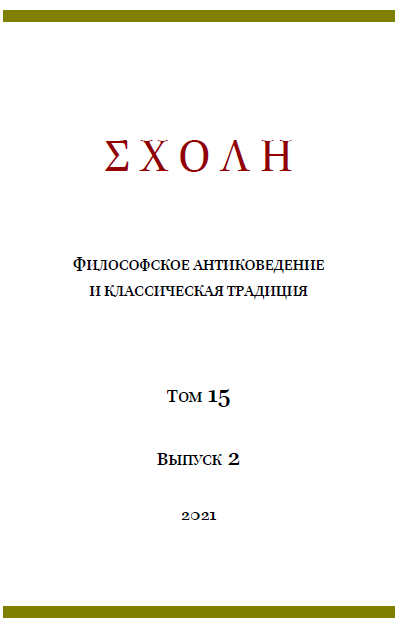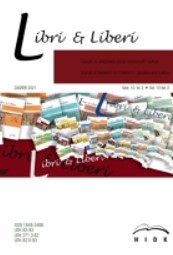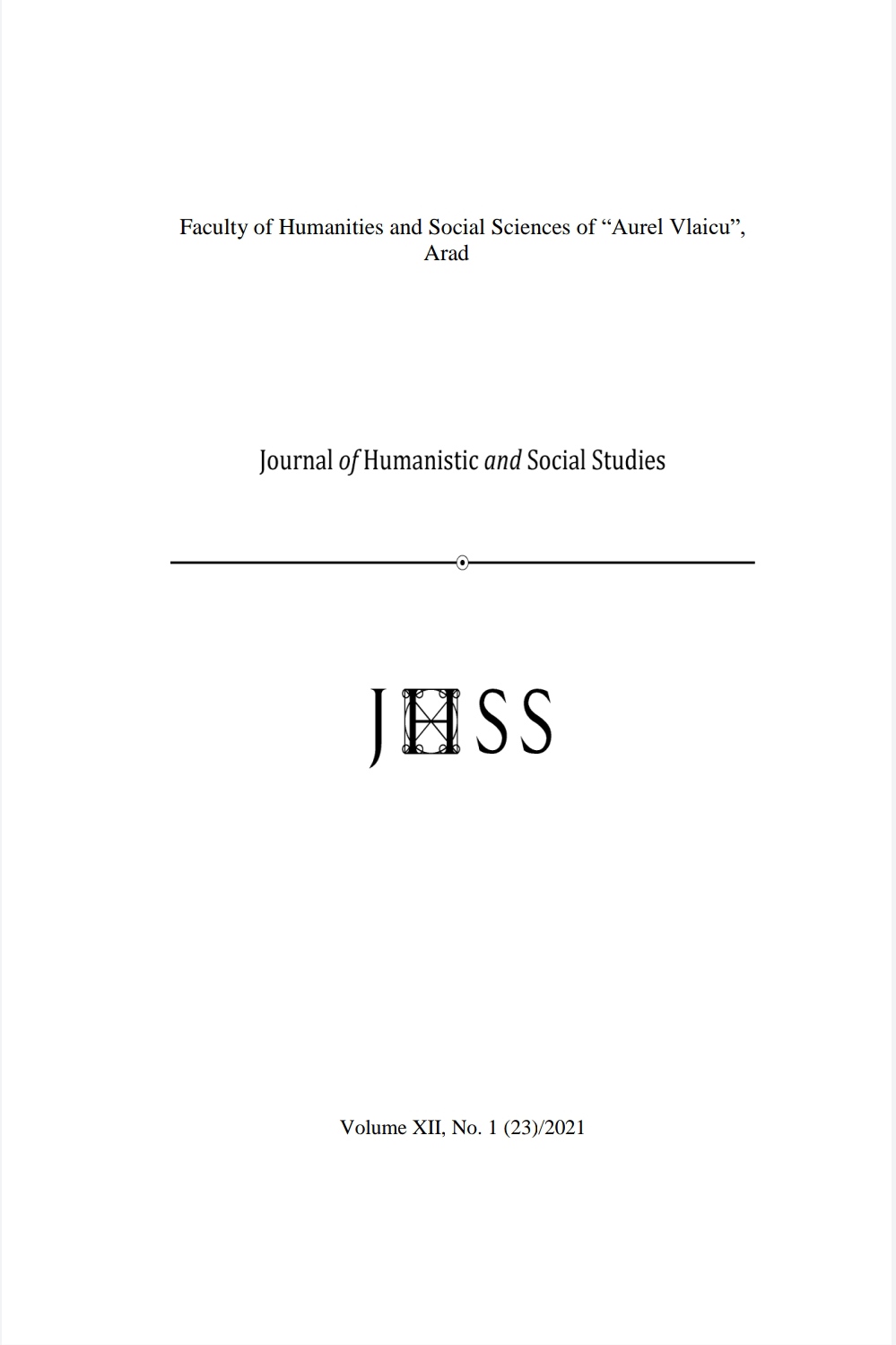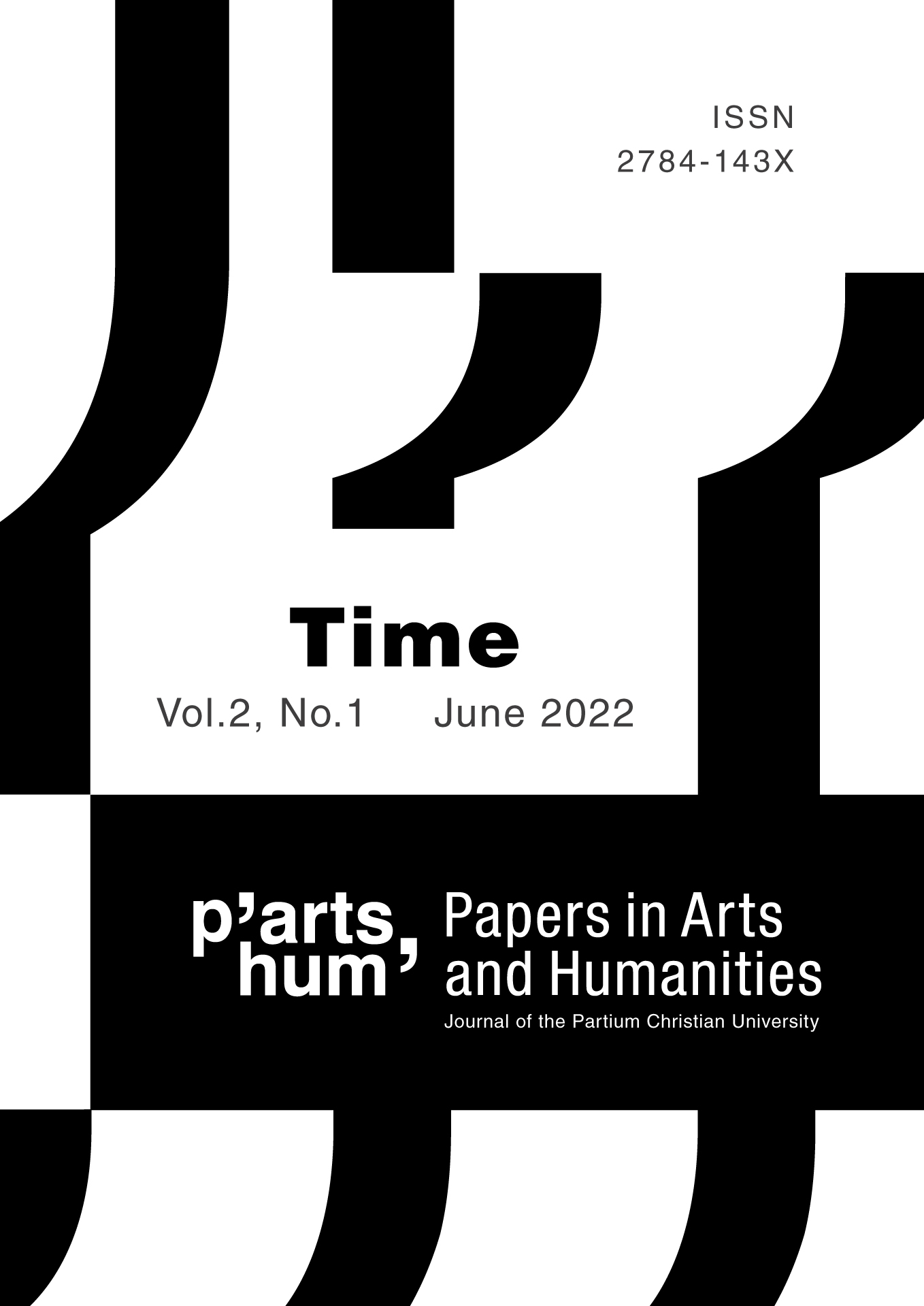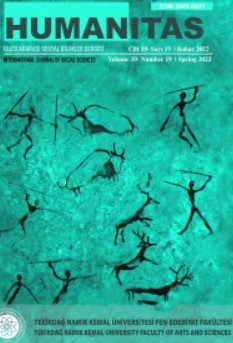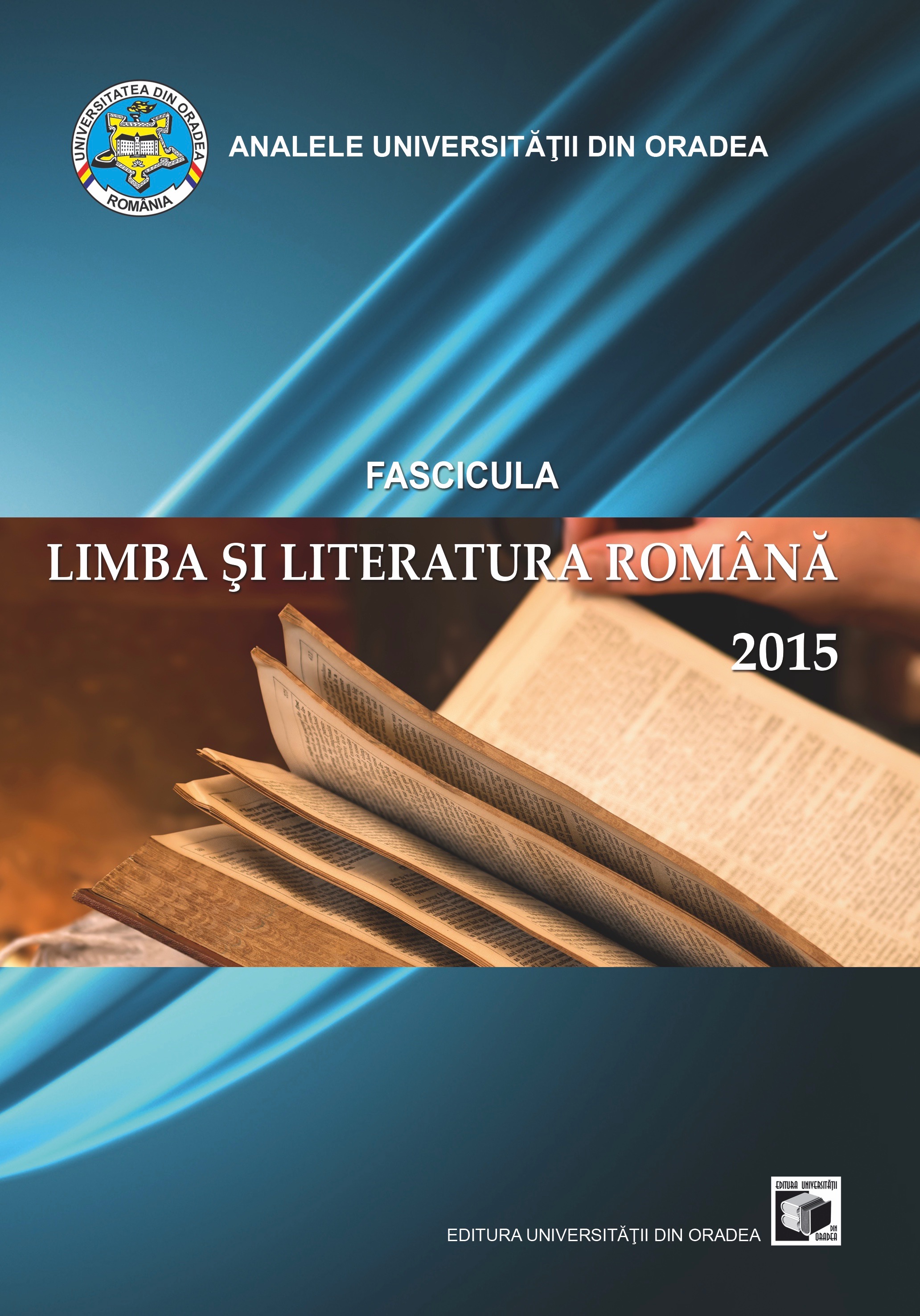
DREPTATEA LUI ZEUS ÎN PROMETEU ÎNLĂNȚUIT
Many modern scholars have expressed different doubts about the authenticity of Aeschylus’ Prometheus Bound, especially because of the problematic theodicy of this play. This paper urges caution (the other two plays of the trilogy survive only in too scarce fragments) and shows the ambiguity of some key concepts (‘justice’, ‘stubborness’, ‘newness’) as well as of destiny’s deities in PV
More...
